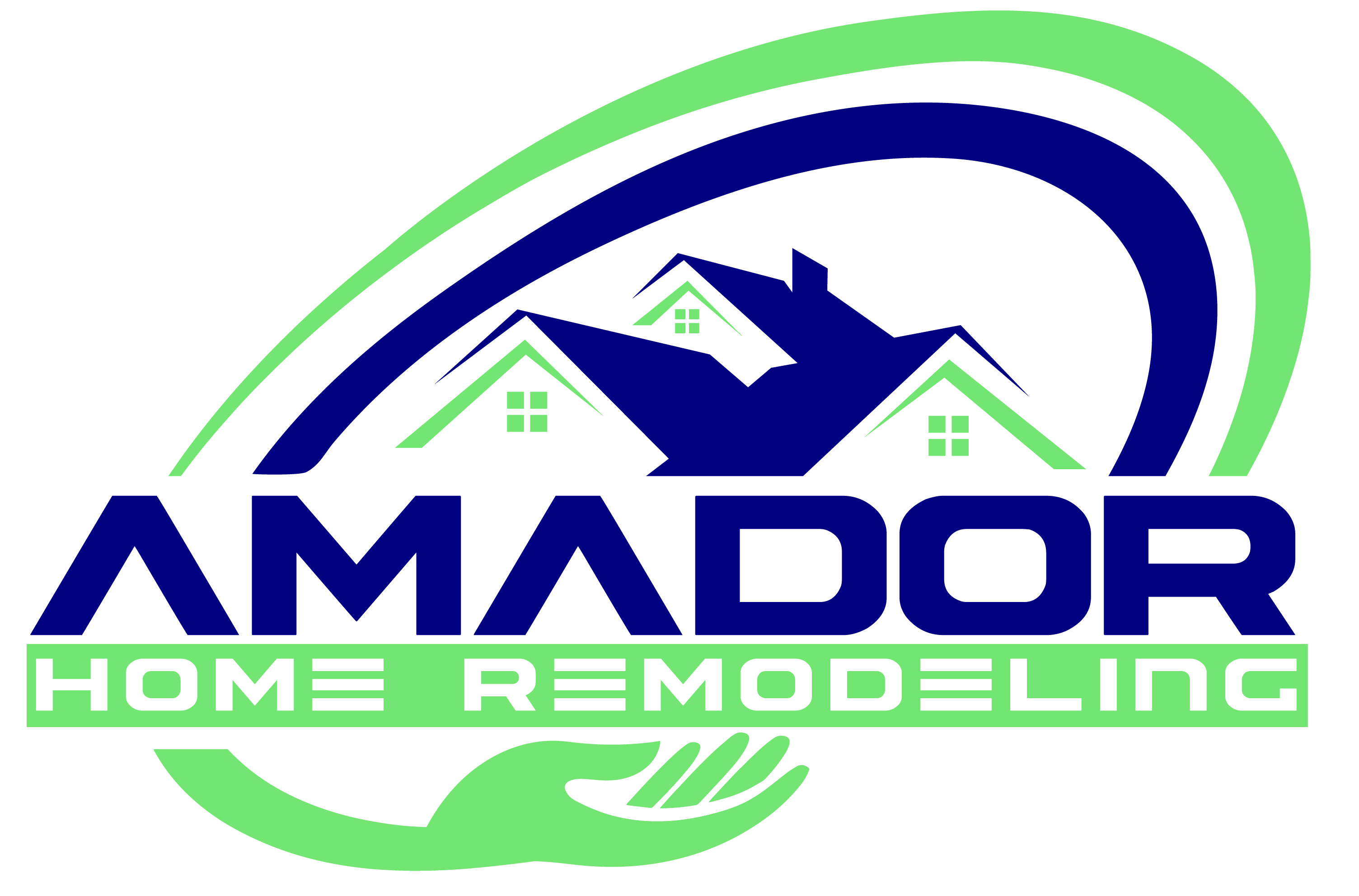Smart Home Integrations for Modern Living
The rise of smart home technology has revolutionized the way we interact with our living spaces. Integrating smart devices into your home can significantly enhance convenience, security, energy efficiency, and overall quality of life. This blog will explore various smart home integrations that can transform your house into a modern, intelligent living space.
Smart lighting systems allow you to remotely control the lights in your home using your smartphone or voice commands. With smart lighting, you can easily turn lights on or off, dim them, or change their color using an app or voice assistant. This adds convenience and improves energy efficiency by scheduling lights to turn off automatically when not in use. Additionally, smart lighting can create different ambiance settings for various activities, such as reading, watching movies, or hosting dinner parties. Popular smart lighting brands include Philips Hue, LIFX, and TP-Link.
Smart thermostats are another great addition to a modern home, learning your schedule and preferences to adjust the temperature for optimal comfort and energy savings. These devices help save on heating and cooling costs by only using energy when needed. With remote control capabilities, you can adjust the temperature from anywhere using your smartphone. Some smart thermostats even learn your habits and automatically create a schedule that fits your lifestyle. Leading brands in smart thermostats include Nest, Ecobee, and Honeywell.
Smart security systems enhance your home’s security with real-time monitoring and alerts. Components of a smart security system include smart cameras, smart locks, and integrated alarm systems. Indoor and outdoor cameras stream live video to your phone and send alerts when detecting motion. Smart locks offer keyless entry and remote locking capabilities, while integrated alarm systems include doors, windows, and motion detection sensors. Top brands for smart security include Ring, Arlo, and August.
Smart speakers and voice assistants like Amazon Alexa, Google Assistant, and Apple Siri can control various aspects of your smart home. These devices allow for voice control of lights, thermostats, locks, and other connected devices. In addition to controlling smart home devices, smart speakers can stream music, provide news updates, set reminders, and more. Popular smart speakers include Amazon Echo, Google Nest, and Apple HomePod.
Smart appliances bring efficiency and convenience to household tasks. For example, smart refrigerators can track food inventory, create shopping lists, and set expiration date reminders. Smart washers and dryers can be controlled remotely and send notifications when cycles are complete, while smart ovens can be preheated from your phone and provide cooking notifications. Brands like Samsung, LG, and Whirlpool offer a variety of smart appliances.
Smart plugs and outlets allow you to control non-smart devices remotely. With smart plugs, you can turn devices on or off using an app or voice assistant, monitor energy usage, and set schedules for when devices should be on or off. Popular smart plug brands include TP-Link Kasa, Wemo, and Amazon Smart Plug.
Smart home hubs serve as the central control unit for all your smart devices, ensuring seamless communication between them. These hubs offer centralized control, allowing you to manage all your smart devices from a single app or interface. They also enable complex automation routines, such as turning on lights and adjusting the thermostat when you arrive home. Top smart home hubs include Samsung SmartThings, Hubitat, and Wink.
Smart irrigation systems optimize watering schedules based on weather conditions, soil moisture, and plant needs, making them an excellent addition to any smart home. These systems reduce water usage by watering only when necessary and can be controlled remotely using a smartphone. They also adjust watering schedules based on real-time weather data. Popular smart irrigation systems include Rachio, RainMachine, and Orbit B-hyve.
Smart blinds and shades automate your window treatments for convenience, energy efficiency, and enhanced privacy. These devices allow you to open or close blinds using an app or voice commands, set schedules for blinds to open in the morning and close in the evening, and sync with other smart devices for a cohesive automation system. Leading brands for smart blinds include Somfy, Lutron, and IKEA.
Smart home entertainment systems create a seamless entertainment experience with smart home integration. Components of a smart home entertainment system include smart TVs, streaming devices, and multi-room audio systems. Smart TVs can be controlled with voice commands, access streaming services, and integrate with other smart devices. Streaming devices like Roku, Apple TV, or Amazon Fire Stick provide access to various streaming services, while multi-room audio systems allow for synchronized music playback throughout your home. Popular brands in smart home entertainment include Sonos, Bose, and LG.
Integrating smart home technology into your living space can greatly enhance your quality of life by providing convenience, security, and energy efficiency. Whether you’re starting with a few devices or planning a full smart home overhaul, the possibilities and benefits are vast. As you explore these smart home integrations, you’ll find that transforming your house into a modern, intelligent home is an investment that pays off in comfort, savings, and peace of mind. Embrace the future of living with smart home technology and enjoy the seamless blend of innovation and everyday functionality.
